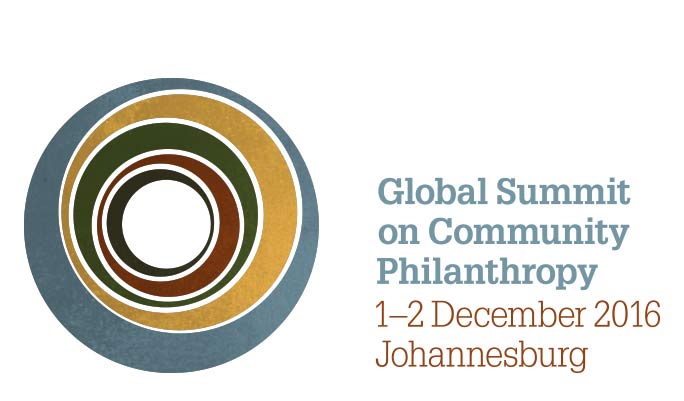Instituto Rio (Brazil)
Democratizing development
When one hears the word “university” the temptation is to think of an institution offering formal education. But the Instituto Rio, committed to serving civil society organizations and networks active in and around Rio de Janerio, Brazil, created the West Zone Community University in 2014 as a much less formal experiment. Their aim was to create an open and democratic public space for the community that would ultimately allow for the community development process to be more democratic, dynamic and participatory.
What does this look like in practice? Training activities, seminars, and conferences run by peers, for peers. Discussions organized by community-based organizations and their partners present in the region, on topics of mutual concern. An umbrella of initiatives, and a network of networks working to promote exchanges, the sharing of experiences and work, and the creation of new partnerships with different public, private and civil society entities.
Why is the West Zone Community University a significant experience when talking about how to #ShiftThePower? The founding principle of the University is universal access to human and citizenship rights, regardless of one’s social standing in society. And it has already proven to be particularly effective in tying together previously disconnected actions of various networks and actors, and in founding new partnerships, strategies that have proven to be key for promoting the development of local communities. The University is proving its worth in: strengthening civil society groups, movements and organizations, instilling in them the same values of universal access to rights; the decentralized production of knowledge; the sharing of practical know-how; and, the construction of a physical, democratic public space that is understood as belonging to all citizens. The University is widely regarded as an initiative promoted "by the community itself for the community itself” – an institution that will be there in the long-term to strengthen community participation and empowerment, with an unwavering focus on social justice and human rights for local populations.


